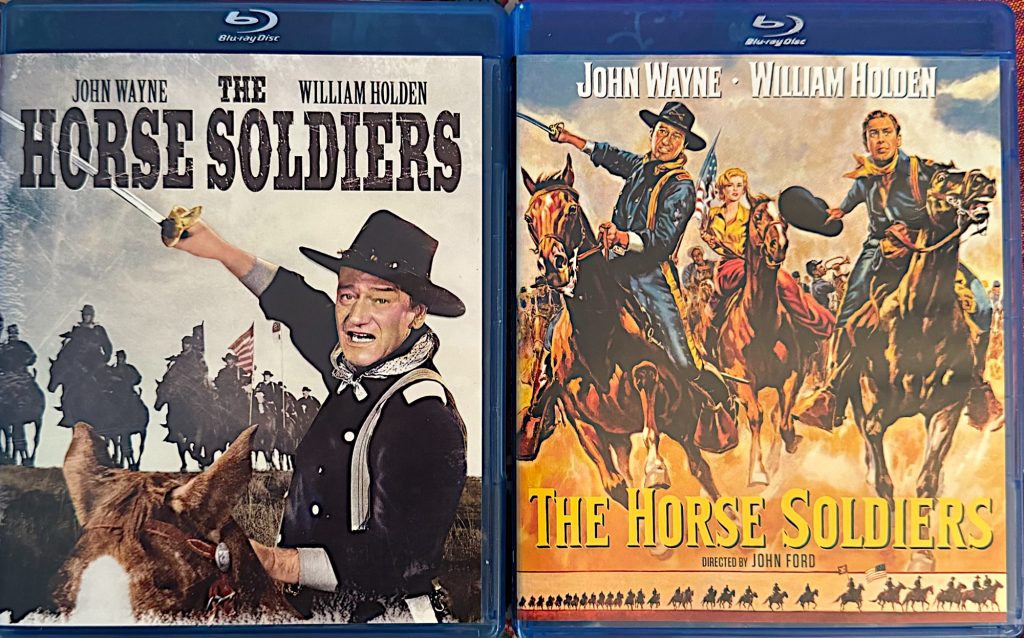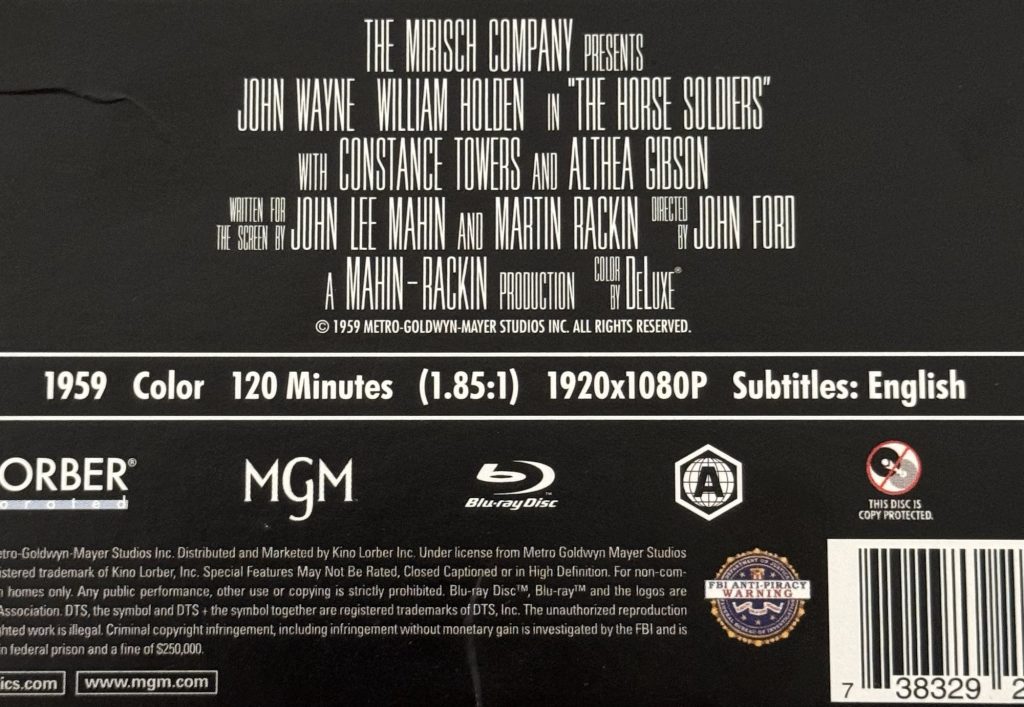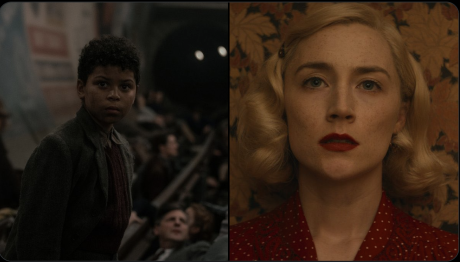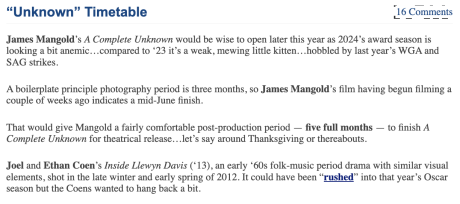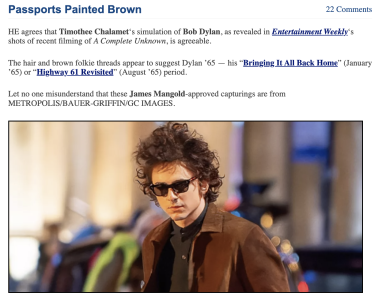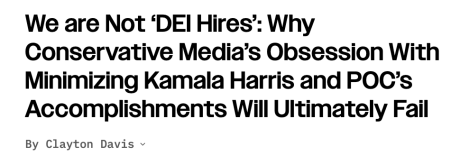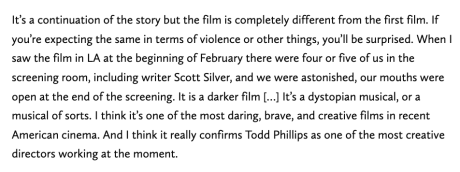“I’m envisioning some kind of high-end prostitute finishing school tucked away in Lausanne, Switzerland…an ivy-covered, brick-facade institute where they learn all the proper sailing knots, how to ride English and western saddle styles, learn about 19th and 20th Century art movements, study the histories of ancient Greece and the Roman Empire, write essays about Benjamin Disraeli, etc.” — “NotImpressed1Yet“, posted in response to a 3.14.09 Bernie Madoff piece called “In His Shoes“.
The piece itself…
Unless he somehow manages to commit suicide, Bernie Madoff is going to die in jail. That seems appropriate to me, but I’m wondering why he didn’t just run for it when he had the chance. He knew the Feds were on his tail and it was just a matter of time. I’m asking because something in me can’t help but sympathize with a caged bird, especially when he/she is looking at life in the slammer.
If I was Madoff I would have prepared for my escape and disappearance during my ponzi-scam days. All criminals need to face the fact that sooner or later they’ll be forced to lam it. I would have socked away massive amounts of cash in a few Swiss, Cayman Islands and Venezuelan bank accounts under fake names, with debit and credit cards attached to each account. And I would have hired pros to create several sets of first-rate fake IDs and fake passports. And I would have arranged in advance for plastic surgery with a first-rate specialist based in Moscow.
I would have slipped out of Manhattan before the Feds arrested me. I would have taken a private plane to northeastern Canada and then another to Iceland, and then a third to Belgium. I would then enjoy a leisurely car trip to Russia, my pockets and briefcase stuffed with several hundred grand in Euros, ready to bribe whenever necessary. I’d meet my plastic surgeon somewhere in Ukraine — haven’t decided where.
After the operation I’d move to Tartu in Estonia and recover for six or seven weeks. Then I’d drive down to Moscow and hire myself a team of four elite bodyguards — two guys, two women — and invest in the finest electronic security systems and outfit all my homes with them.
Then I’d make my way to Vietnam. I’d probably build myself a high-security home in the Central Highlands and live in it for two or three months — no more. The eventual plan would be to have several “safe houses” but never stay in any one for very long. Always moving, never sleeping with more than one eye closed, “like Yassir fucking Arafat.”
I’d buy a 100-foot sailing craft and move around from port to exotic port like a wandering character in a Joseph Conrad novel. I’d hire three full-time prostitutes to travel with me, but they’d have to be prostitutes who know how to sail. I might smoke opium from time to time. I’d pay for even more hookers to drop by on weekends, but they’d have to be highly educated and well-read. No booze, no cigarettes. But I’d chill out with quaaludes from time to time.
I’d volunteer with Red Cross organizations to help the poor. I’d move to Darfur and try and use my money to try and purchase some level of comfort or protection for the poor who live there. I’d move the operation to the Amazon jungle from time to time. I’d see about getting to know Hugo Chavez (although he might not want to know me). I’d travel to the South Pole and then to South Africa, and then take a ferry to Madagascar.
I’d catch plays in London twice a year. I’d buy a studio in Montmartre that I’d visit every four or five months for a week or two. I’d always stay inside days, reading and watching movies on my 52″ LCD flatscreen, and working out on a treadmill. I’d go out to dinner and for walks in the evenings, wearing shades and a fishing hat.
I’d eventually get pinched, of course. Sooner or later somebody would sell me out or spot me (even with my altered appearance). But I might stay free for two or three years, and at least I’d have a great adventure under my belt and many things to remember before spending the rest of my life in miserable confinement.
